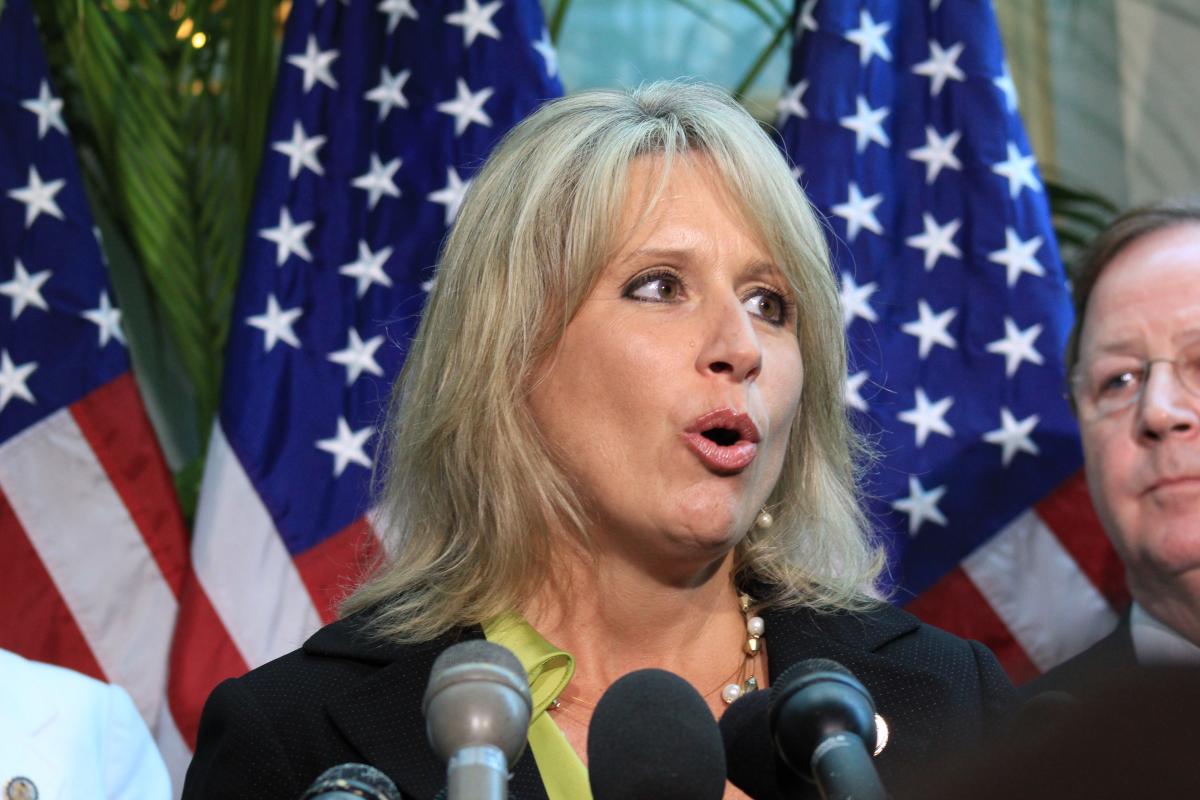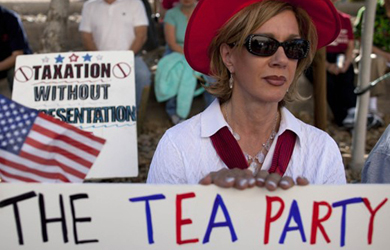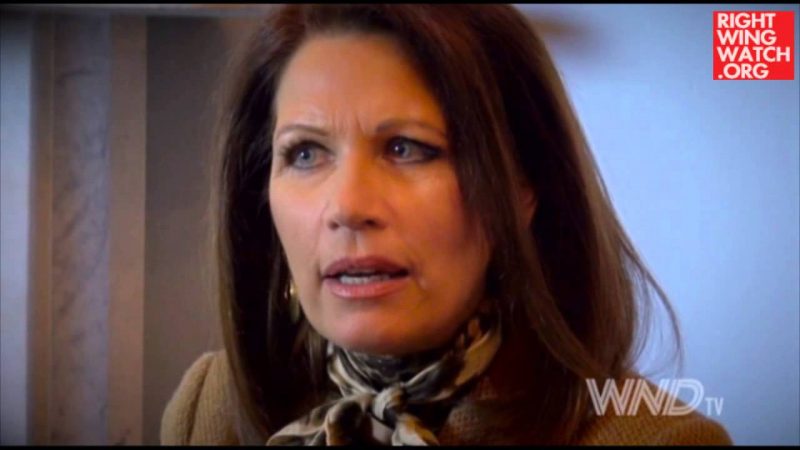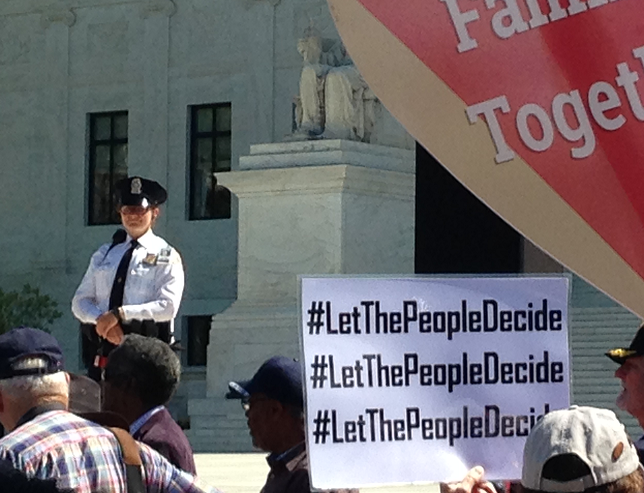Yesterday, Petty Officer 2nd Class Marissa Gaeta won a raffle to have the first kiss with her girlfriend, Petty Officer 3rd Class Citlalic Snell, after the USS Oak Hill landed in Virginia as part of Navy tradition. In a message sent to Tea Party Nation members, the group’s resident bigot Alan Caruba wrote that the kiss proves the military is being “used by gay and lesbian advocacy groups as a petri dish to force social change” to help people who have an orientation that is a “sexual aberration”:
For generations of Americans, the most famous kiss between a Navy sailor and a nurse occurred during the celebration of V-J Day in New York’s Times Square on August 14, 1945.
The photo by Alfred Eisenstaedt was published in Life magazine a week later. It said everything you needed to know about the joy with which the nation responded to the end of World War Two and everything about the shared values of the nation.
So, when a photo of a homecoming kiss between Petty Officer 2nd Class Marissa Gaeta kissing her “partner”, Petty Officer 3rd Class Citlalic Snell went public on December 22, it set gay and lesbian hearts atwitter. What the predominantly heterosexual population thought of it was unreported.
…
But why? The answer is the way the U.S. military has been used by gay and lesbian advocacy groups as a petri dish to force social change. The other location for influencing such change is in our nation’s schools and manifests itself in charges of massive bullying and questionable sex education curriculums, many of which evoke outrage among today’s parents.
…
There were and are still good reasons for the military’s opposition to homosexuals serving. Let it be said that homosexuals have probably always served. When I was in the Army in the 1960s, I and others in my unit knew of gays serving along side us, but practiced a tolerance we took for granted by neither acknowledging it, nor engaging in any action based on it.
At the time, there was no such thing as “gay rights” and, were it not for the incessant demands for them, they would not exist today. Gays and lesbians play on the inherent sense of fairness and tolerance that is a hallmark of American society. The result is that homosexuality is now widely represented in popular culture to the point of being accepted as “normal.” It is not “normal.” It is a sexual aberration involving a very small portion of the overall population, perhaps no more than four percent. Always was, always will be.
The U.S. military is a unique element of our society. The 1993 Don’t Ask, Don’t Tell law stated that “there is no constitutional right to serve” and pointed out that the military is a “specialized society” that is “fundamentally different from civilian life.” This was and is so self-evident that the present state of affairs is nothing less than astonishing. Homosexuality was deemed an “unacceptable risk” to good order, discipline, morale and unit cohesion—qualities essential for combat readiness.
Suffice to say Don’t Ask, Don’t Tell opened a Pandora’s box of difficulties for all the ranks. Its repeal has not made those difficulties magically disappear.
The photo of two Navy lesbians kissing represents the “progress” that a vocal minority has made, given the support of liberal politicians on both sides of the aisle working against the tide of resistance of majority Americans who are fighting the social implications of “gay rights”, the demands for “gay marriage”, and the influence over young minds passing through government school systems.
It says something about life in America today, one that is very different from America at the end of World War Two.








